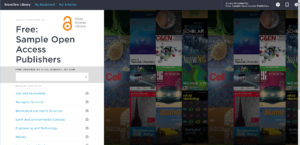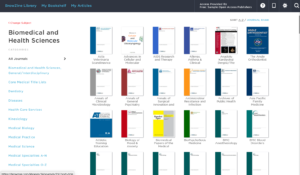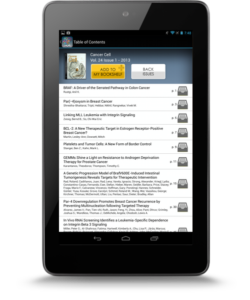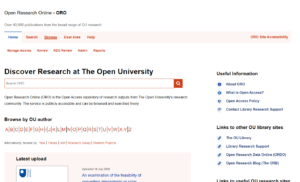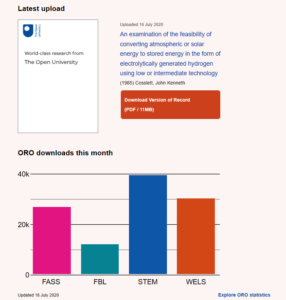With Open Access (OA) week coming up we thought we would share some events, resources videos and blogs hosted by Open Book Publishing (OBP) that you may be interested in:

EVENTS
Q&A with Open Book Publishers – a drop-in session to give you the chance to share any questions about any aspect of Open Access publishing.
When: 19th October at 5pm (BST)
How: Via Zoom – https://zoom.us/j/310447634?pwd=NjhGa2FOcTNFUlZhTVYxTUxxUWIzQT09
Open Book Publishers in conversation with the Open Access Books Network – join Laura Rodriguez of OBP in a conversation with Lucy Barnes, Agata Morka and Tom Mosterd about the Open Access Books Network.
When: 21st October at 3:30 P.M. (BST)
How: Via Zoom – https://zoom.us/j/310447634?pwd=NjhGa2FOcTNFUlZhTVYxTUxxUWIzQT09
RESOURCES:
New Open Access Starter Pack – This pack will contain:
- Information for libraries, authors and researchers.
- Videos.
- A suite of tweets for Open Access Week that are for you to select from and to tweet from your social media accounts if you wish. You can already access this file here.
- Other media products that you can access here.
This Open Access Starter Pack will be available here on Monday, 19th October.
VIDEOS AND BLOGS:
New Blog Posts: this Open Access Week OBP will be sharing new and interesting blog posts written by some of their authors where they will discuss the topics of equity, inclusivity and open access publishing. Keep an eye on their blog at https://blogs.openbookpublishers.com/ to find out more.
New Videos: OBP will be releasing a series of informational videos focused on Open Access publishing. They will also be sharing interviews with some of their authors who will discuss the topic of their research in-depth. Keep an eye on their YouTube channel at https://www.youtube.com/user/openbookpublishers.
If you have any questions about OBP or to keep up-to-date with their events and releases check out their Twitter account here. For any questions about OA publishing at the OU contact the Library Research Support Team.





